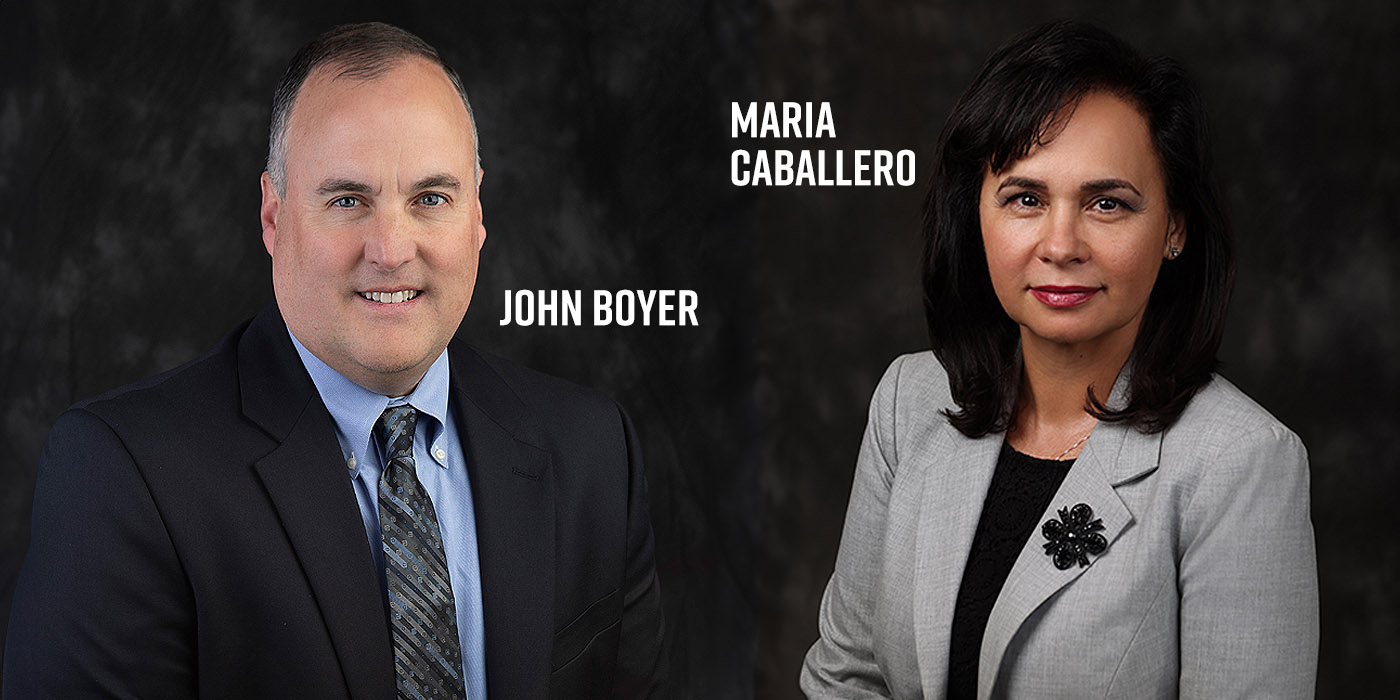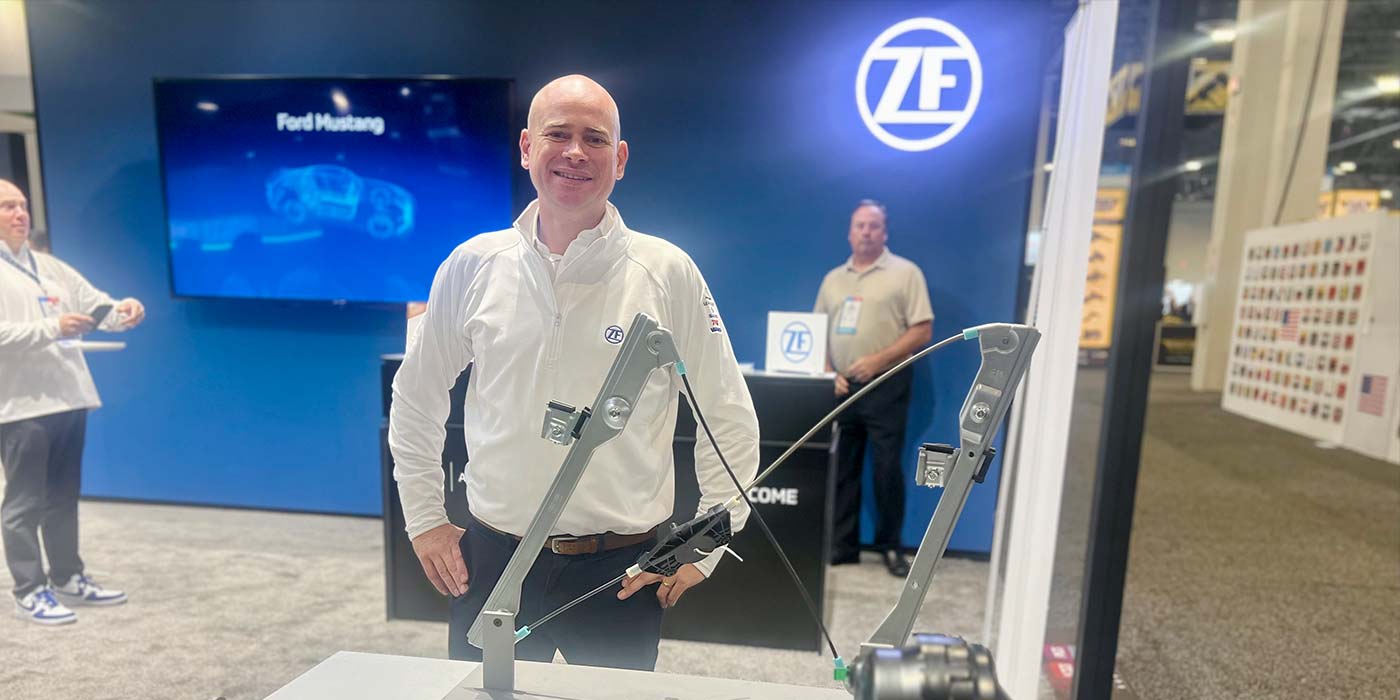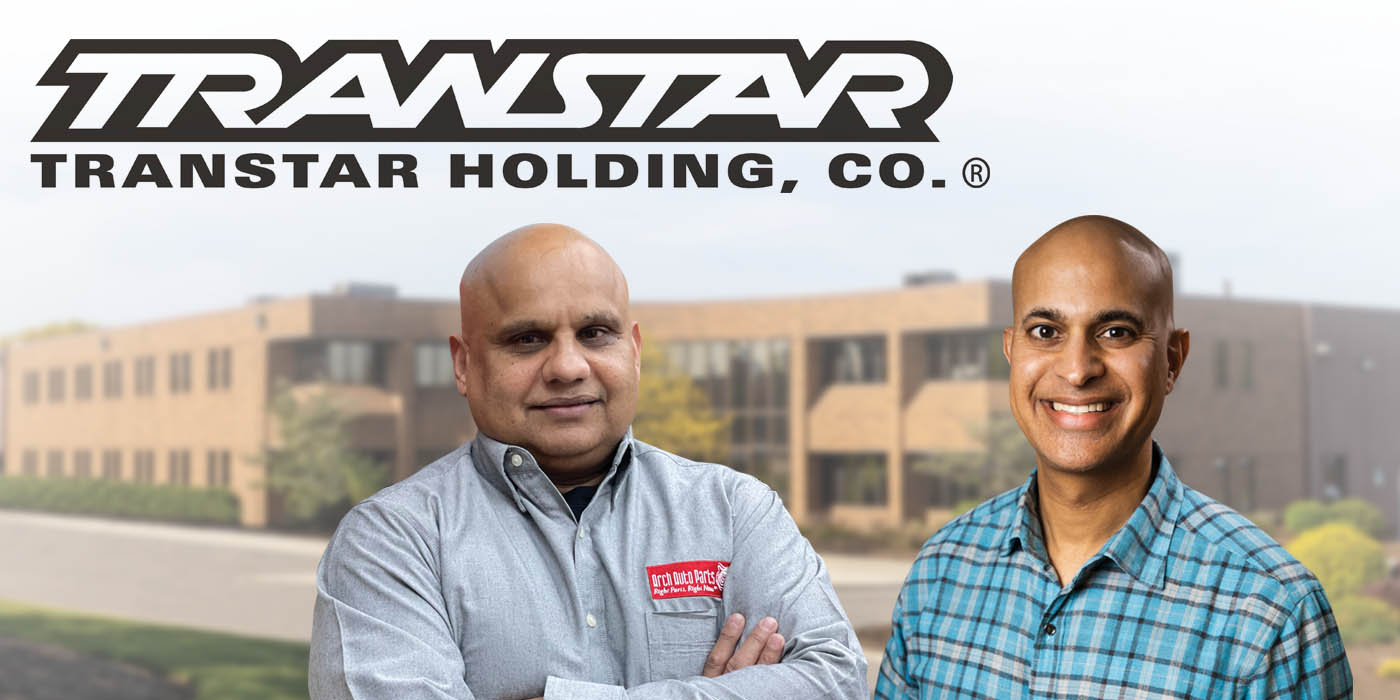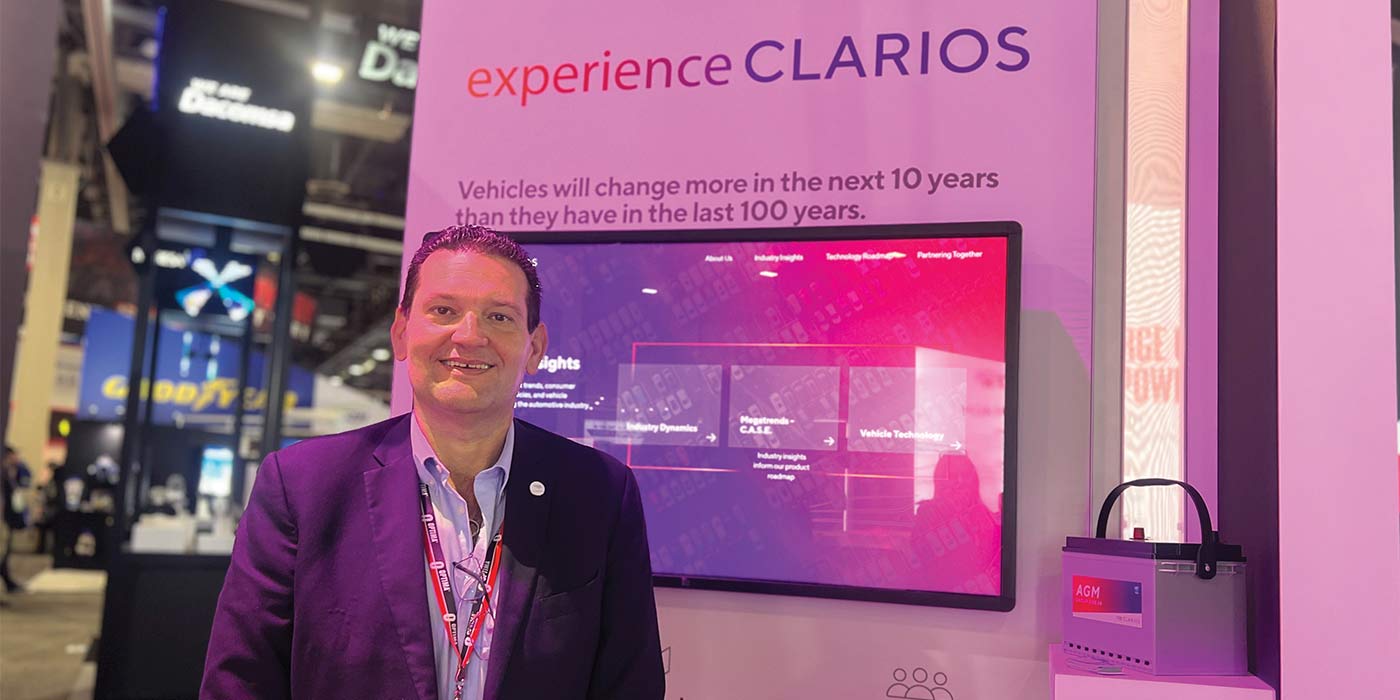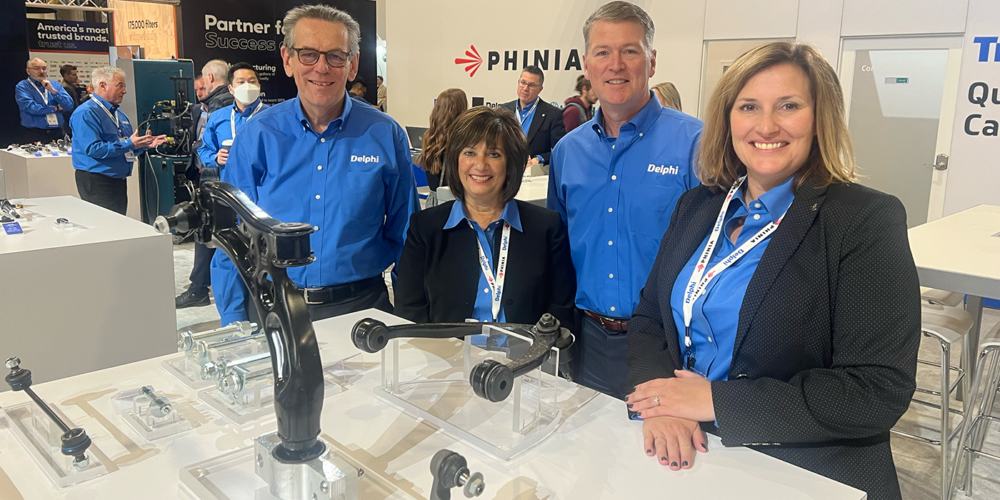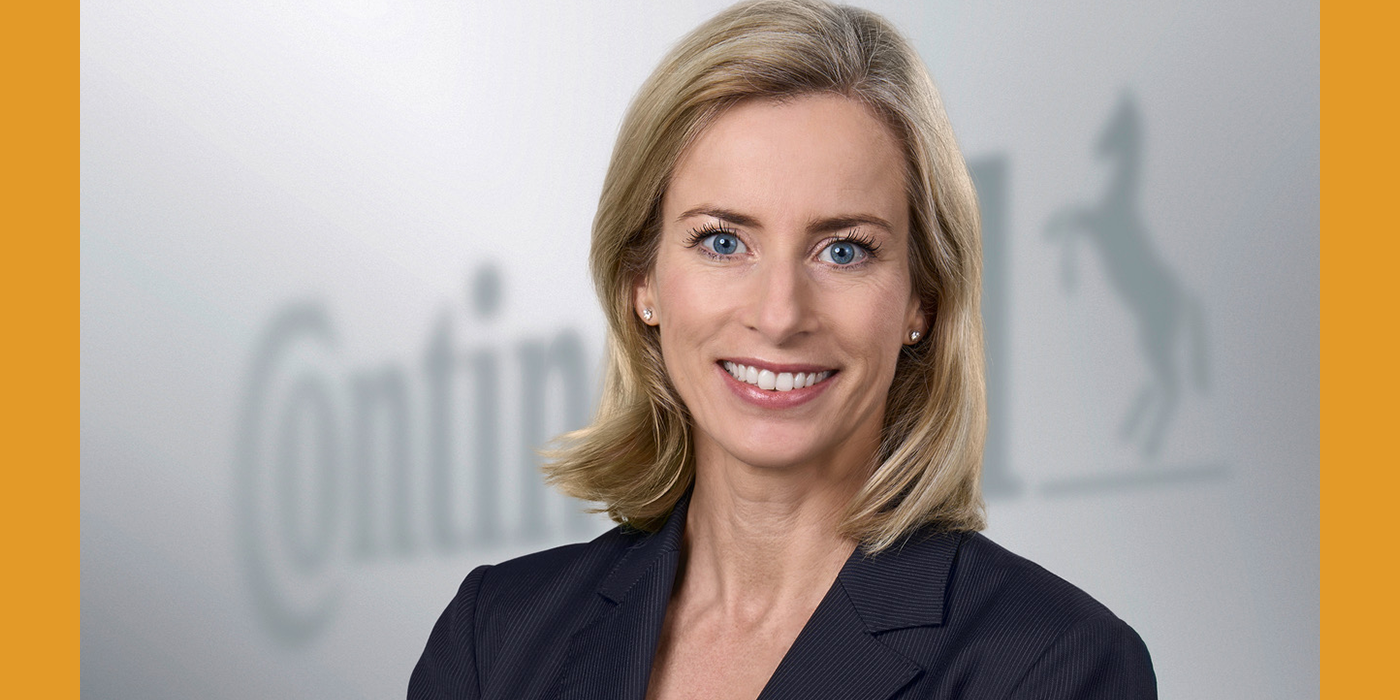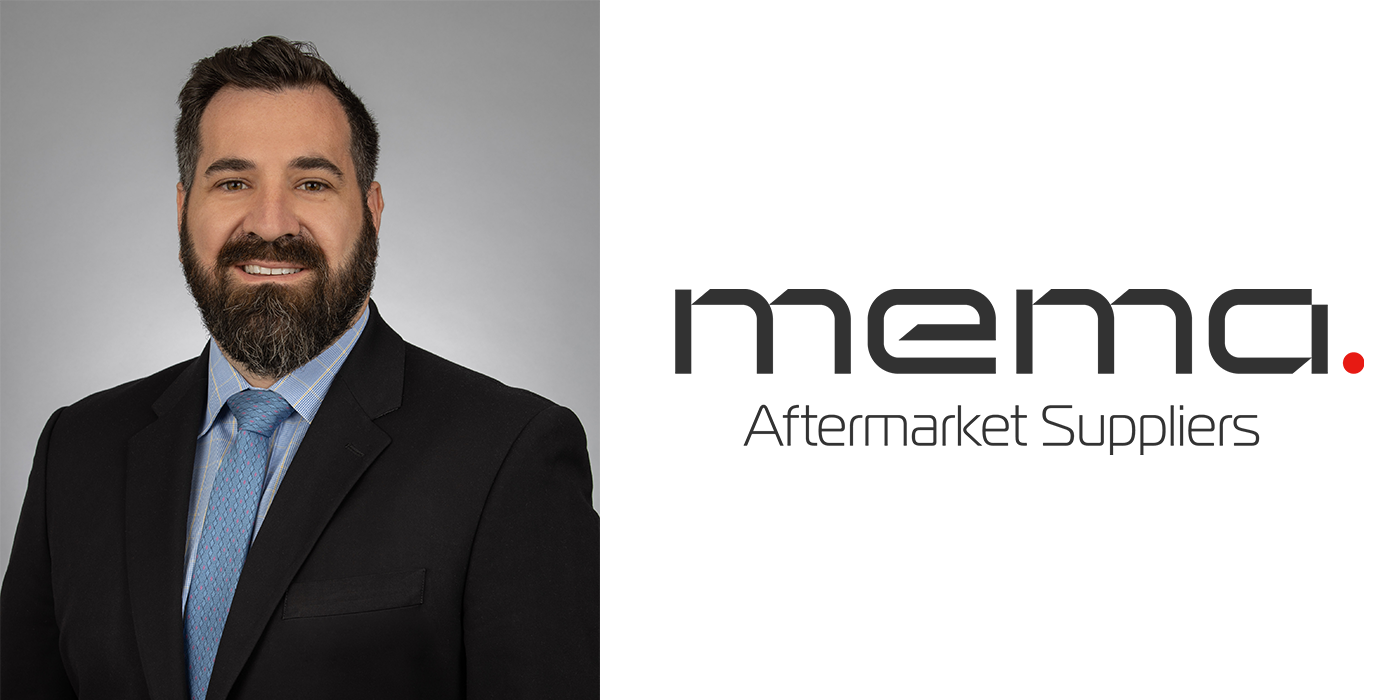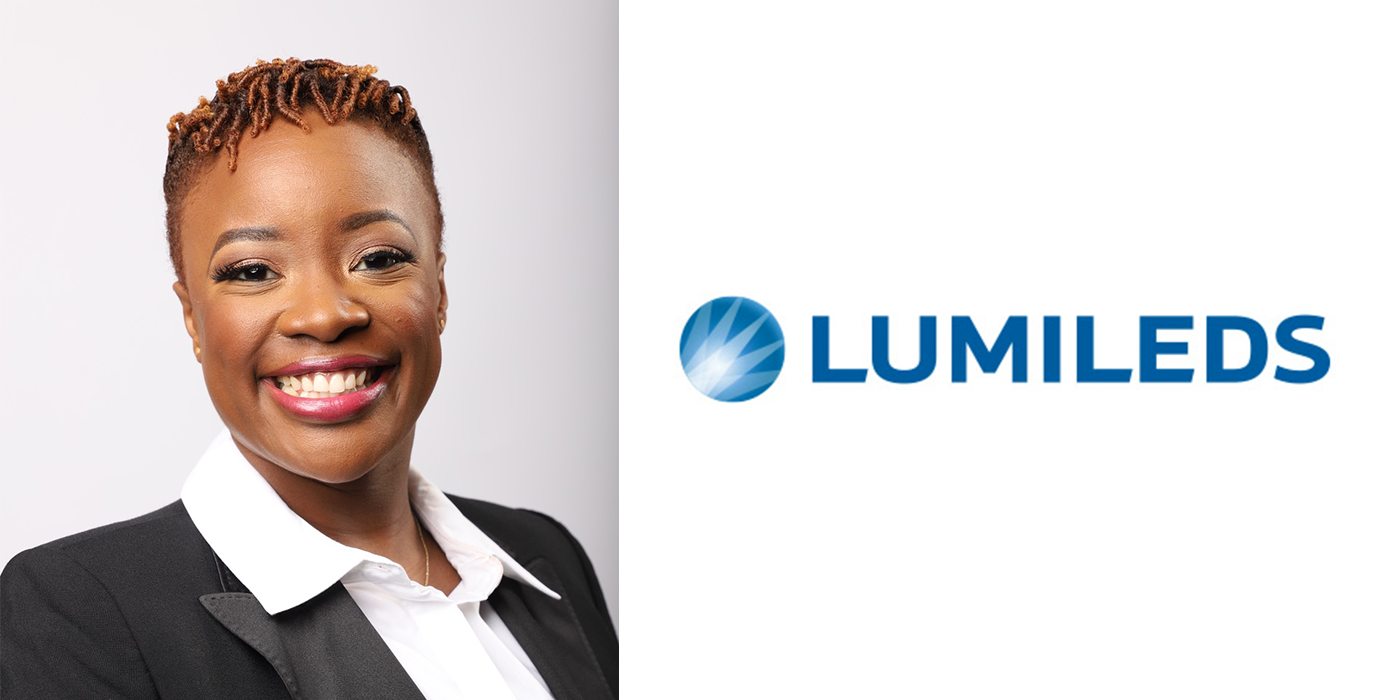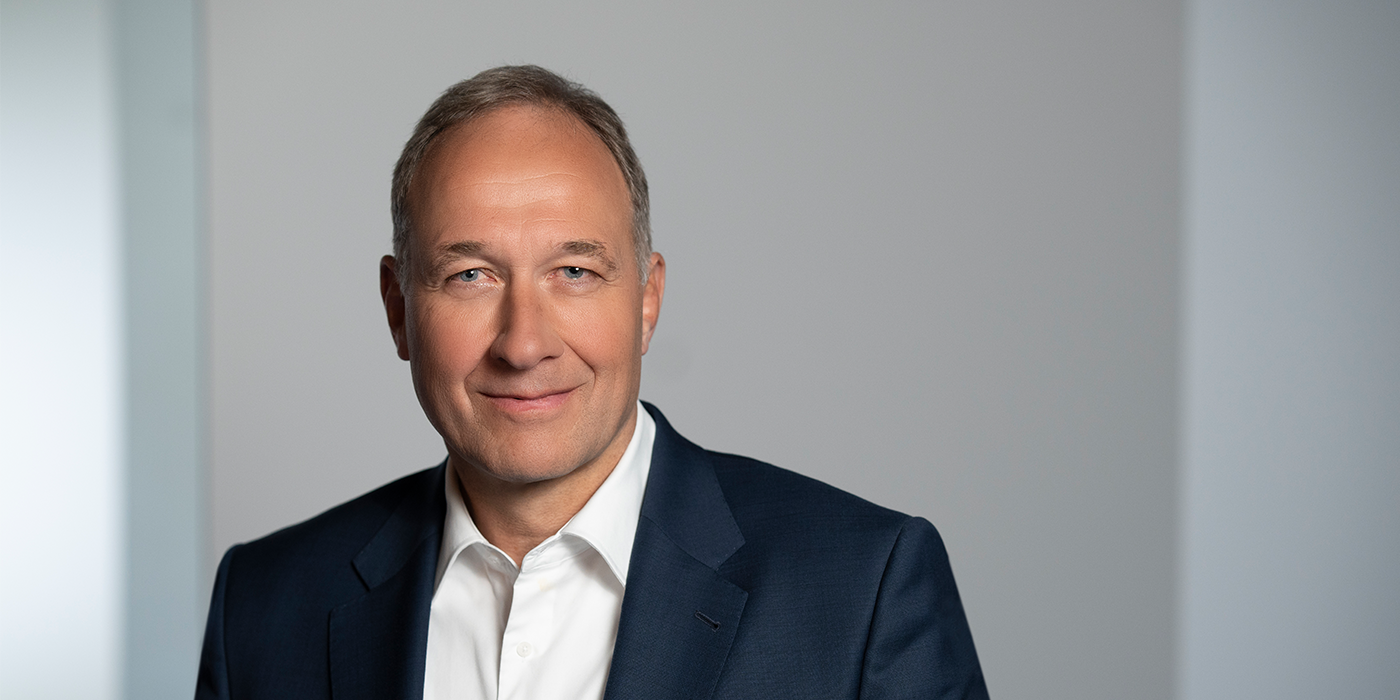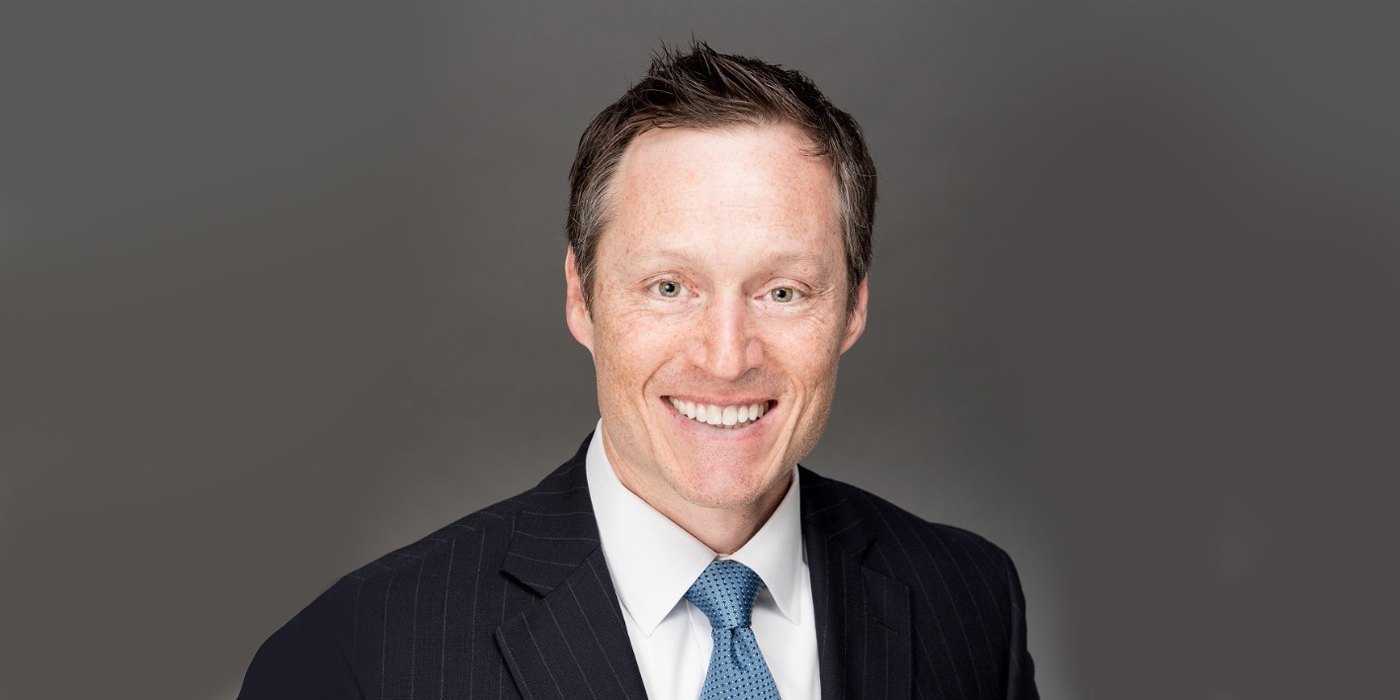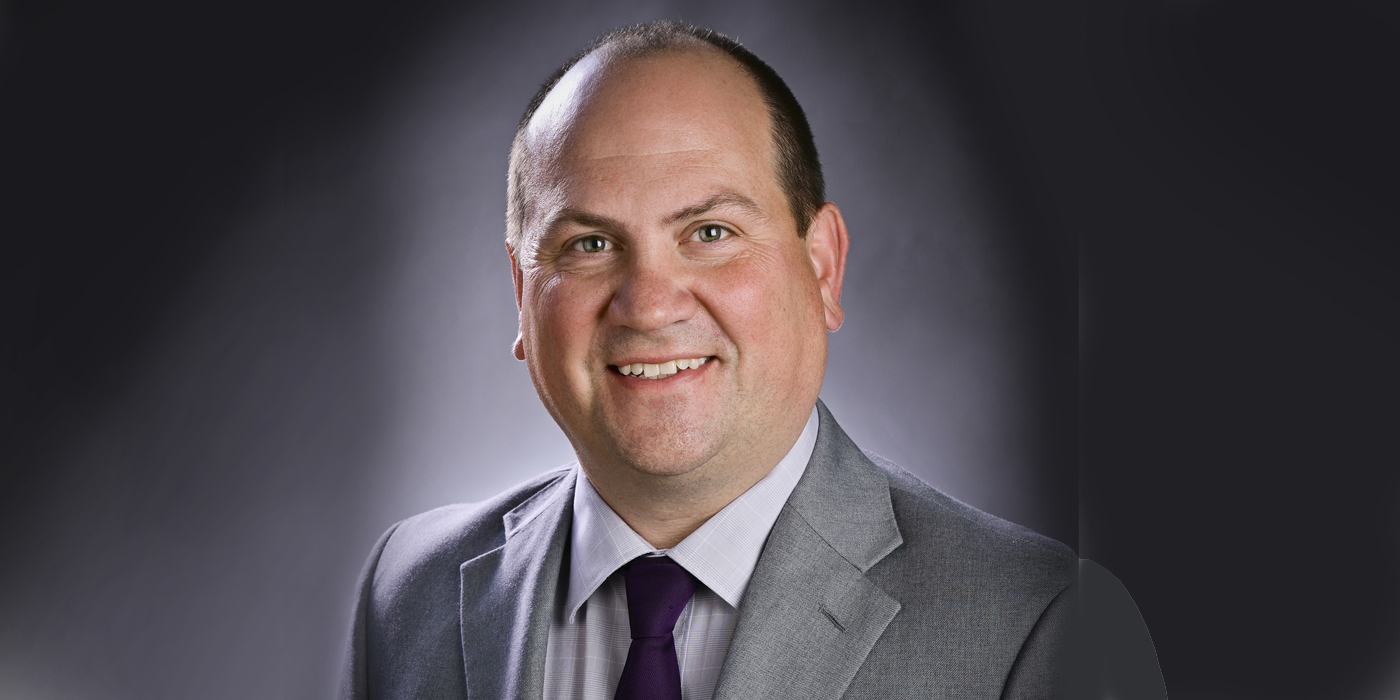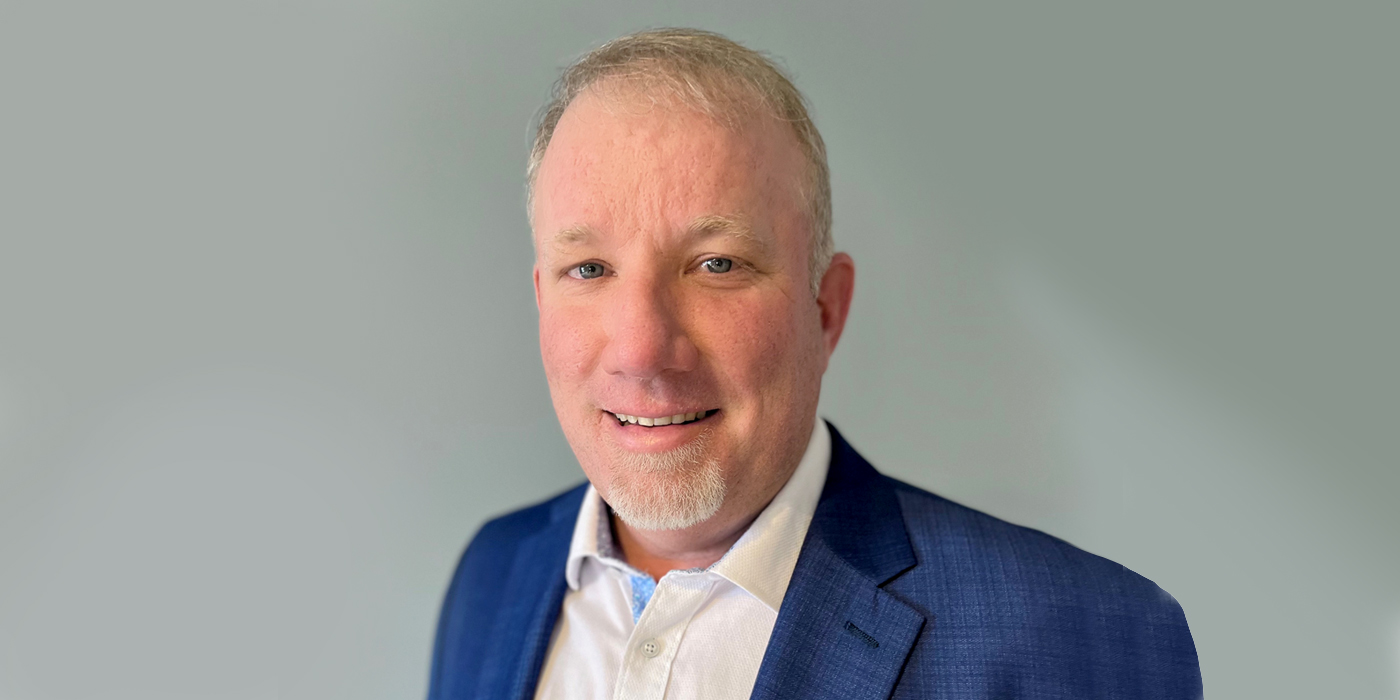In 2003, Durant moved back to Michigan to become the general Manager of Garber Nissan Hyundai. In 2005, Durant joined Volkswagen of America as the National Leader of Service Operations. Durant currently serves as the general manager of Fixed Operations for Volkswagen of America with responsibility for national parts and accessories sales, marketing and accessory development, as well as service operations. Durant graduated from Ferris State University with a Bachelor of Science in Automotive Management. In this exclusive aftermarketNews.com Executive Interview, Durant discusses the state of Volkswagen after-sales and how the company has made strides in its J.D. Power rankings.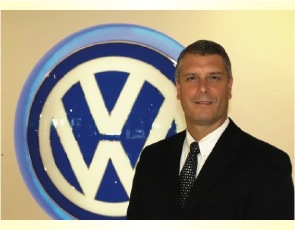 David M. Durant, general manager fixed operations, Volkswagen of America, began his career with General Motors in 1989 with Buick Motor Division in Flint, Mich., where he held various sales and after sales positions from service engineer to area sales and service manager positions throughout the Midwest. In 2000, Durant joined Bill Estes Chevrolet in Indianapolis, Ind., as the parts and service director.
David M. Durant, general manager fixed operations, Volkswagen of America, began his career with General Motors in 1989 with Buick Motor Division in Flint, Mich., where he held various sales and after sales positions from service engineer to area sales and service manager positions throughout the Midwest. In 2000, Durant joined Bill Estes Chevrolet in Indianapolis, Ind., as the parts and service director.
What does fixed operations at Volkswagen entail?
It means all the dealer-facing activity on the after-sales side of our business. Ultimately, we have fixed-operations managers who call on the dealerships in regard to parts and service, and in some cases, body shop. Those folks report to their respective region and ultimately report in to my group. We have a group within fixed operations that is service operations that deals with the entire service process and taking care of the customer including training for technical, non-technical, managers and consultants. This group is driven by selling parts and satisfying customers.
Then within my group, we have parts and service marketing, parts sales and accessories. We’ve recently grown the accessories part of our business dramatically by designing, developing and delivering accessories in the U.S. for the US.
What is the state of Volkswagen after-sales?
I think the way to answer that is to look at where we were and where we’re going. Back around 1999, Volkswagen was selling considerably more vehicles than we are now. Our dealers weren’t really ready for the business. They basically tripled their business in their service and parts departments and yet they didn’t have the capacity to take up that business. Because of that, we disappointed more customers than we certainly would have liked to. We really had to get back on track.
I joined the company in 2005, and we were basically the lowest in the industry in customer satisfaction, the lowest in the industry in dealer satisfaction, and our dealers were really struggling to maintain the after-sales side of the business.
Since then, we’ve listened to our dealers and our customers and used many tools to make the necessary changes, both to the processes and the policies of Volkswagen to get back on track and start to really satisfy our customers, the dealers as well as the retail customers.
Now we’ve seen incredible gains in all of those, so today, the Volkswagen relationship with the dealers is one of the best in the industry.
Recently, we received our J.D. Power customer satisfaction scores and we went up 39 points. And right now we’re at industry average. Many people would wonder why we would be excited to be at industry average, but to my knowledge Volkswagen has never been at industry average in the J.D. Power study.
We have many reasons to believe that’s going to continue. If you just look at model year 2009 customers, they would have placed us in the Top 8 in the industry for just that particular model year.
These are pretty significant changes at Volkswagen, and I would attribute most of them to Volkswagen taking a little different approach in listening to the customers and listening to the dealers with all the tools we have available to us.
If it’s not proprietary, can you discuss one of those tools you reference?
We utilize surveys on both the parts and the service side. What they do is capture the comments of our service and parts managers who will be very open with you if you’re willing to listen and tell you exactly what’s broken and how you need to fix it. Not always does that offer up a remedy, but it certainly points to an area of the business in which you absolutely have to improve.
What does the future hold for Volkswagen?
We’re absolutely planning for four plus years down the road. We’re in the midst of our 2013 plan, and we know exactly how we want to get there. We’re going to increase our new vehicle sales dramatically. We know that based on the products we have coming, the assembly plant we’re building in Chattanooga, that we have an opportunity to double our vehicle sales over the next two plus years. We know it will bring additional after-sales business.
For us, we need to look at what we did wrong and make sure we don’t repeat that history.
Right now, we’re preparing our dealers for the landslide of business that’s coming their way and doing the capacity planning that’s necessary and more importantly, deliver that experience that the customer deserves.
We want to ensure that we retain more business than we have in the past.
When we look at the future, we know it’s all around service retention and capacity for Volkswagen.

